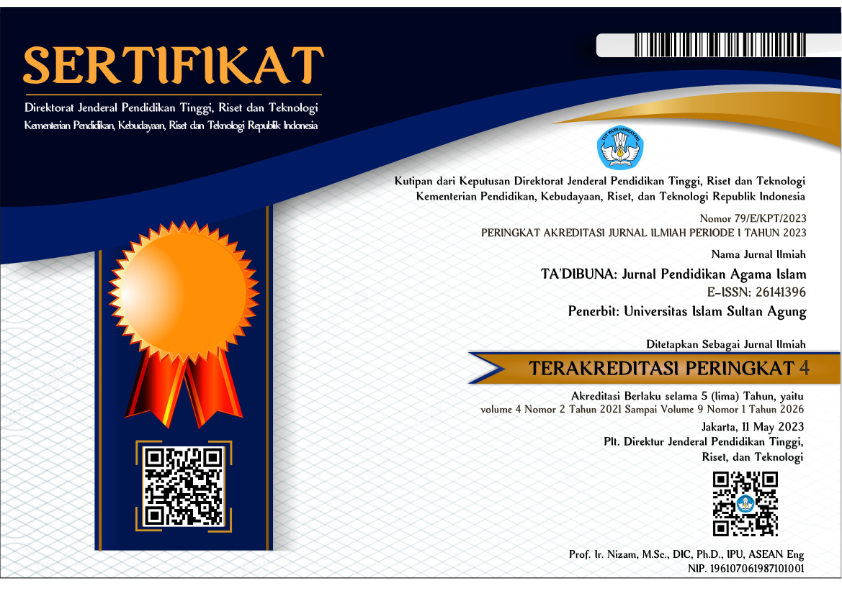HIGHER EDUCATION RANKING AND QUALITY ASSURANCE: ISSUES AND CRITICAL ASSESSMENT (GENERAL PROBLEM)
Abstract
University rankings and quality assurance have become a widespread phenomenon in an increasingly competitive world of higher education. They differ with regard to their aims, objectives, target groups, and to their relationship to quality assessment. Generally, rankings are the result of an external assessment of the performance of higher education institutions; they enable transparency about systems of higher education. This paper discusses the relationship of rankings and quality assurance on an institutional and a system level. The discussion of the issue includes pros, cons of arguments and assertions following by conclusion and recommendation. A clear conception of the differences between rankings and other forms of assessment of higher education institutions helps to understand the usefulness as well as the limitations of rankings and helps to prevent false or unrealistic expectations of rankings. The discussion also included the critical issues and assessment about the true meaning of quality assurance as well as the ranking in higher educational institution.
Full Text:
PDFReferences
Baldwin, G. (1997) An Australian Approach to Quality in Higher Education, The Case of Monash University, in Brennan, J. de Vries, P. and Williams, R. (eds.) Standards and Quality in Higher Education, Higher Education Policy Series 37, Jessica Kingsley.
Brown, R. (2000) Accountability in higher education: have we reached the end of the road? The case for a higher education audit commission, speech at University of Surrey Roehampton, 24 October.
Brown, R. Quality Assurance in Higher Education. The UK Experience since 1992. London: Routledge Falmer, 2004.
Campbell, C. and Rozsnyai C. (2002) Quality Assurance and the Development of Course Programmes, UNESCO CEPES, Papers on Higher Education.
CLARKE, M. ‘‘The Impact of Higher Education Rankings on Student Access, Choice, and Opportunity’’, in, Institute for Higher Education Policy, ed. College and University Ranking Systems: Global Perspectives and American Challenges. Washington. 2007, pp. 35–48.
DILL, D. and SOO, M. ‘‘Academic Quality, League Tables, and Public Policy: A Cross National Analysis of University Ranking Systems’’, Higher Education 49 (2005): 495–533.
EUROPEAN NETWORK FOR QUALITY ASSURANCE (ENQA). ‘‘Quality Procedures in European Higher Education’’, ENQA Occasional Papers 5, Helsinki, 2003.
Finch, J. (1997) Power, Legitimacy and Academic Standards, in Brennan, J. de Vries, P. and Williams, R. (Eds.) Standards and Quality in Higher Education, Higher Education Policy Series, Vol. 37, Jessica Kingsley.
Hashim, Rosnani (2014), Critical issues and educational reform. IIUM press.
INSTITUTE OF HIGHER EDUCATION, SHANGHAI JIAO TONG UNIVERSITY, Academic Ranking of World Universities (2005) Retrieved on 1 June 2005 from https://ed.sjtu.edu.cn/ranking.htm
LIU, N.C. and CHENG, Y. ‘‘The Academic Ranking of World Universities’’, Higher Education in Europe 30 (2) (2005): 127–136.
Marginson, S., 2007, Global University Rankings: Implications in general and for Australia . Journal of Higher Education Policy and Management 29(2):131-142
SADLAK, J., and LIU, N.C. eds. The World-Class University and Ranking: Aiming Beyond Status. Bucharest, Shanghai, Cluj-Napoca: UNESCO-CEPES, Shanghai Jiao Tong University, Cluj University Press, 2007.
Saisana, M., Saltelli, A., Tarantola, S., 2005, Uncertainty and sensitivity analysis techniques as tools for the analysis and validation of composite indicators, Journal of the Royal Statistical Society A 168(2):307-323.
Taylor, P., Braddock, R., 2007, International University Ranking systems and the Idea of University Excellence, Journal of Higher Education Policy and Management 29(3):245-260.
THE TIMES HIGHER EDUCATION SUPPLEMENT, The Times Higher World University Rankings 2005 (2005) Retrieved on 21 November 2005 from https://www.thes.co.uk/worldrankings/
USHER, A., SAVINO, M. ‘‘A Global Survey of Rankings and League Tables’’, in, Institute for Higher Education Policy, ed. College and University Ranking Systems: Global Perspectives and American Challenges. Washington. 2007, pp. 23–34.
Usher, A., Savino, M., 2007, A Global Survey of University Ranking and League Tables. Higher Education in Europe, 32(1):5-15.
Williams, R., 2007, Broadening the Criteria: Lessons from the Australian Rankings. In Sadlak, J., Liu Nian Cai, eds. The World-Class University and Ranking: Aiming Beyond Status. UNESCO-CEPES, Shanghai Jiao Tong University, Cluj University Press
WORLD UNIVERSITIES’ RANKING ON THE WEB (2005) Retrieved on 1 June 2005 from https://www.webometrics.info/methodology_es.html
Zitt, M., and Filliatreau, G., 2007, Big Is (Made) Beautiful – Some comments about Shanghai-Ranking of World-Class Universities. In Sadlak, J., Liu Nian Cai, eds. The WorldClass University and Ranking: Aiming Beyond Status. UNESCO-CEPES, Shanghai Jiao Tong University.
DOI: https://dx.doi.org/10.30659/jpai.1.1.11-28
Refbacks
- There are currently no refbacks.
Ta’dibuna: Jurnal Pendidikan Agama Islam is published by the Master Program of Islamic Education, Faculty of Islamic Studies, Universitas Islam Sultan Agung (UNISSULA), Indonesia.
Jl. Raya Kaligawe Km. 4, PO BOX 1054/SM, Semarang, Indonesia 50112
Email: jurnaltadibuna@unissula.ac.id








